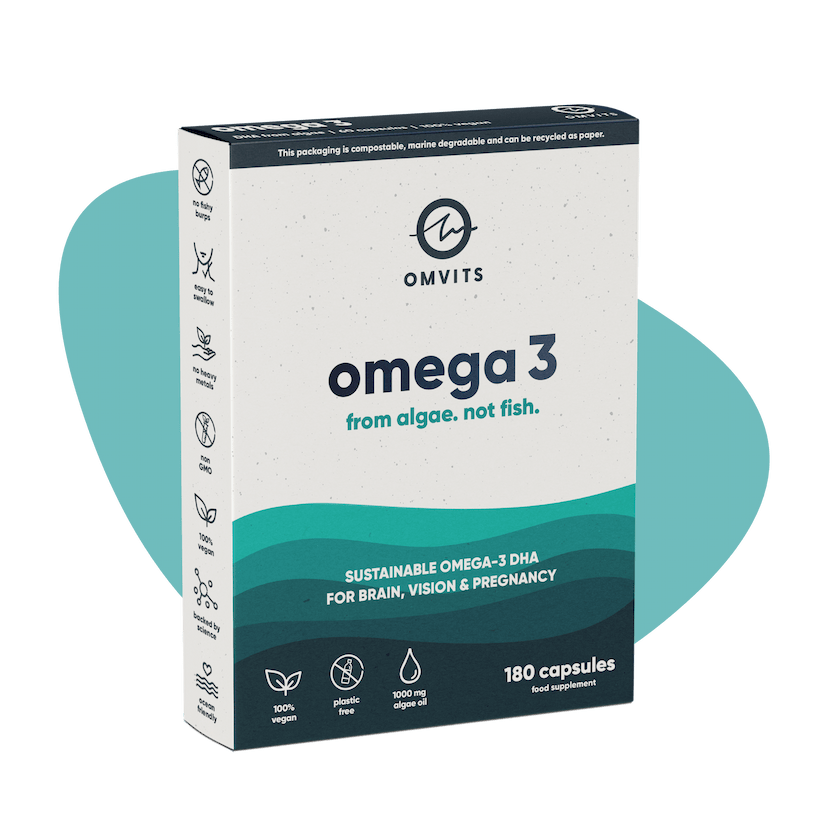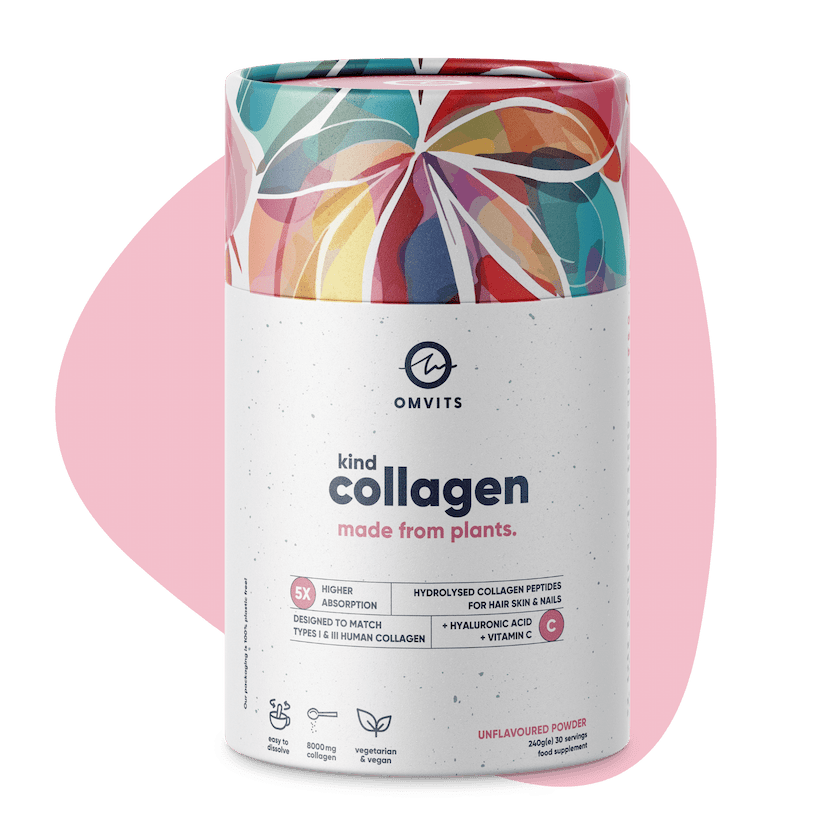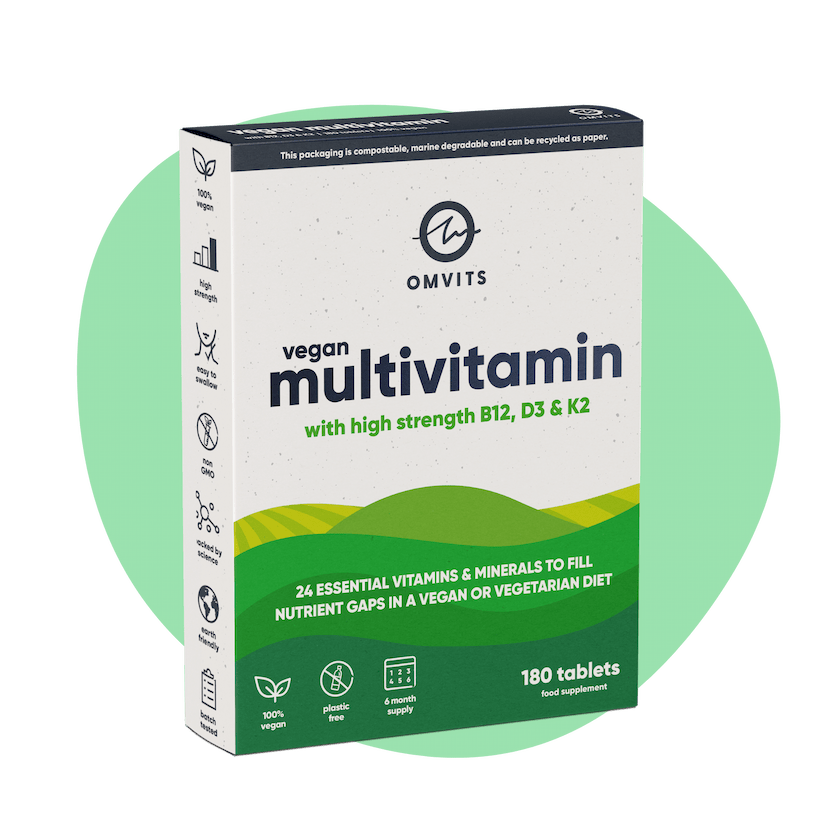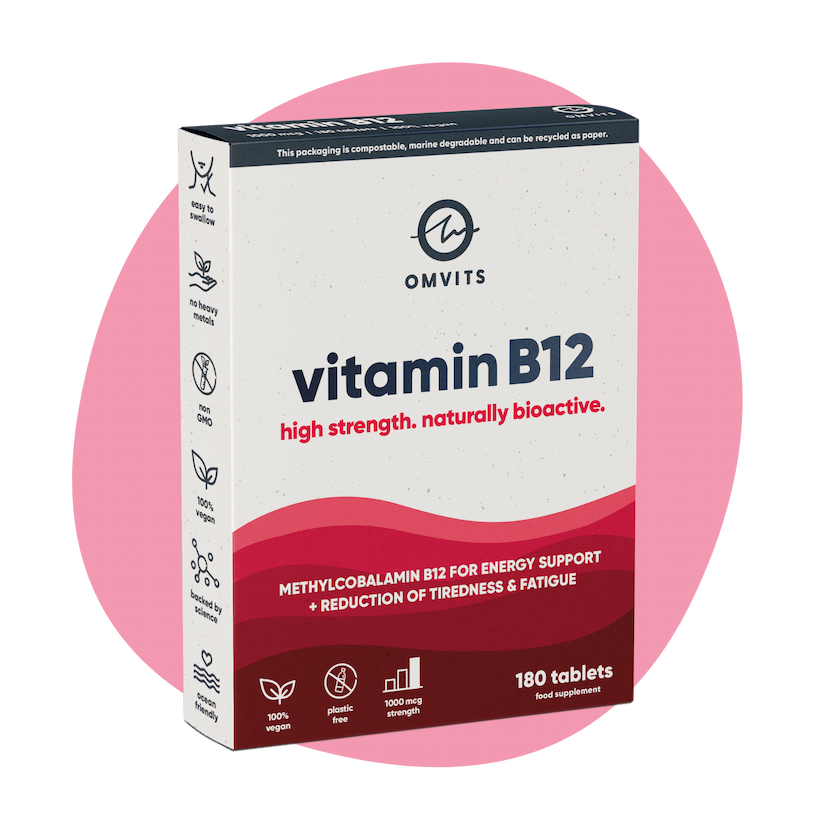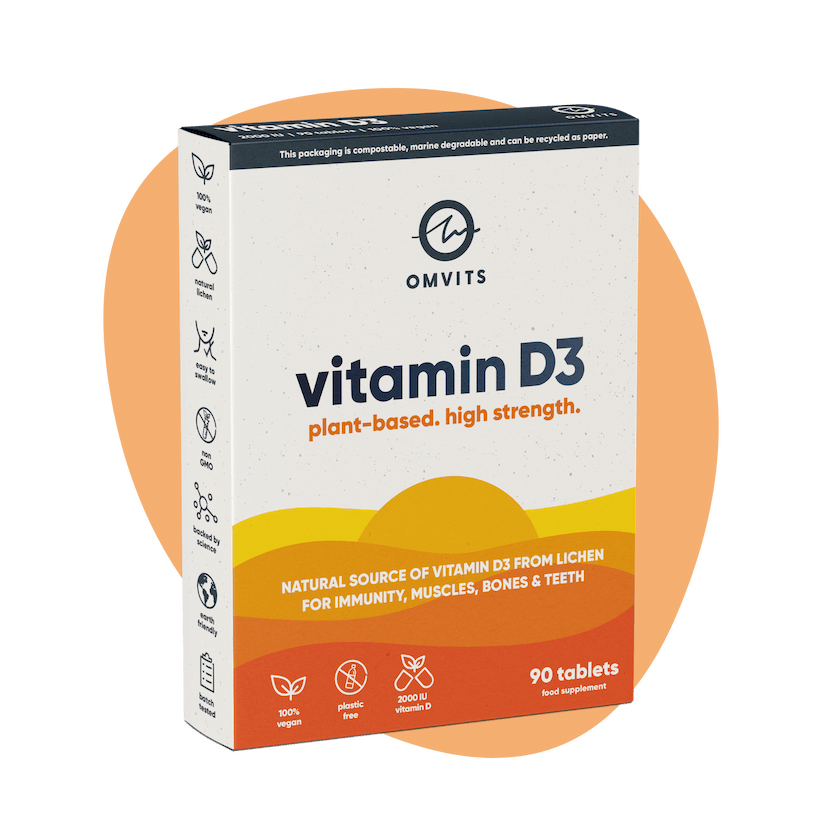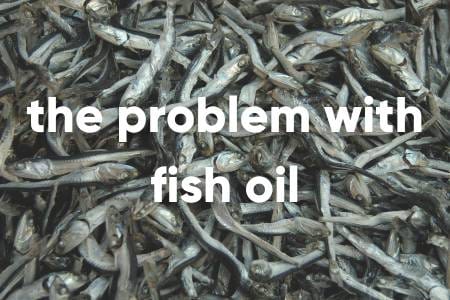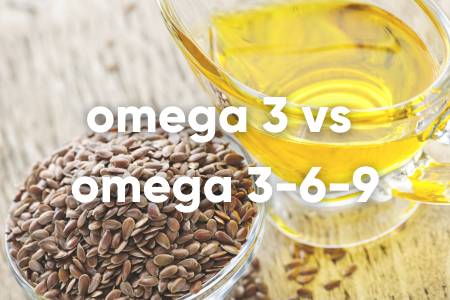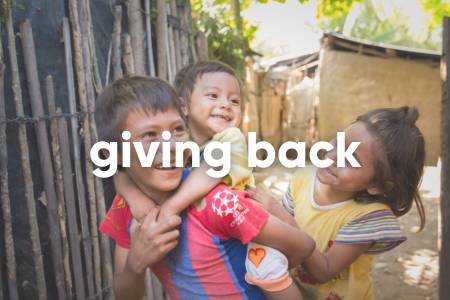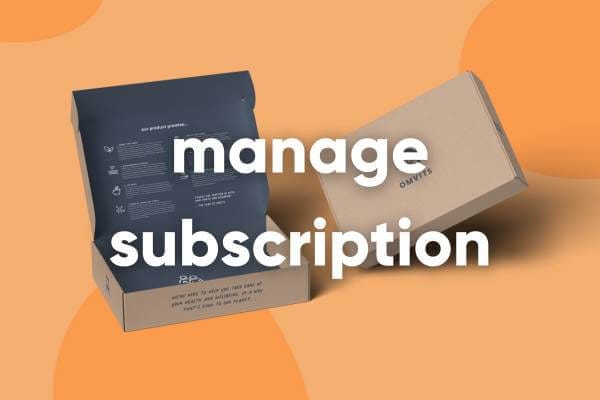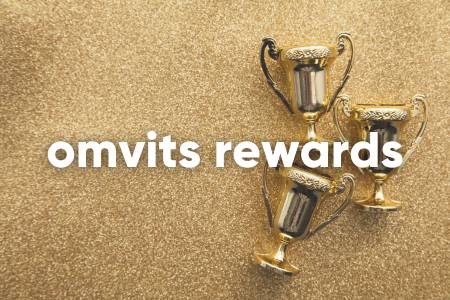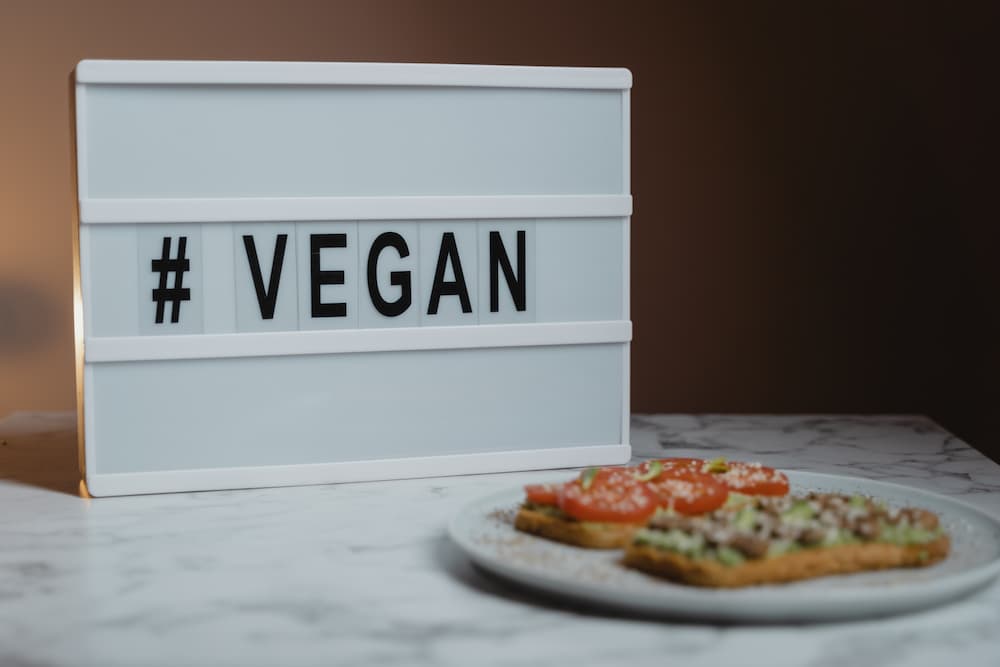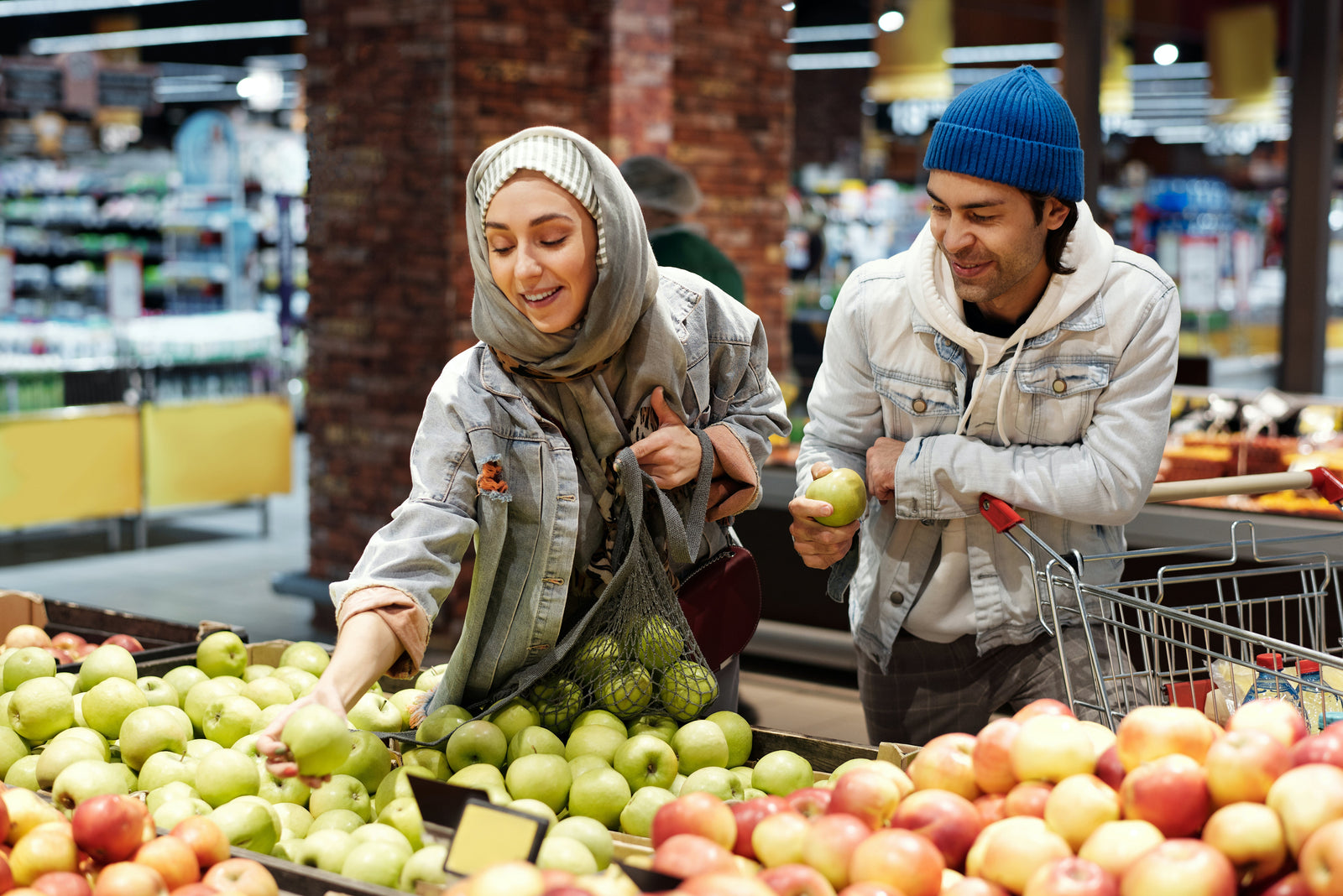FREE UK Delivery £25+
FREE UK Delivery £25+
Blog
about us
account
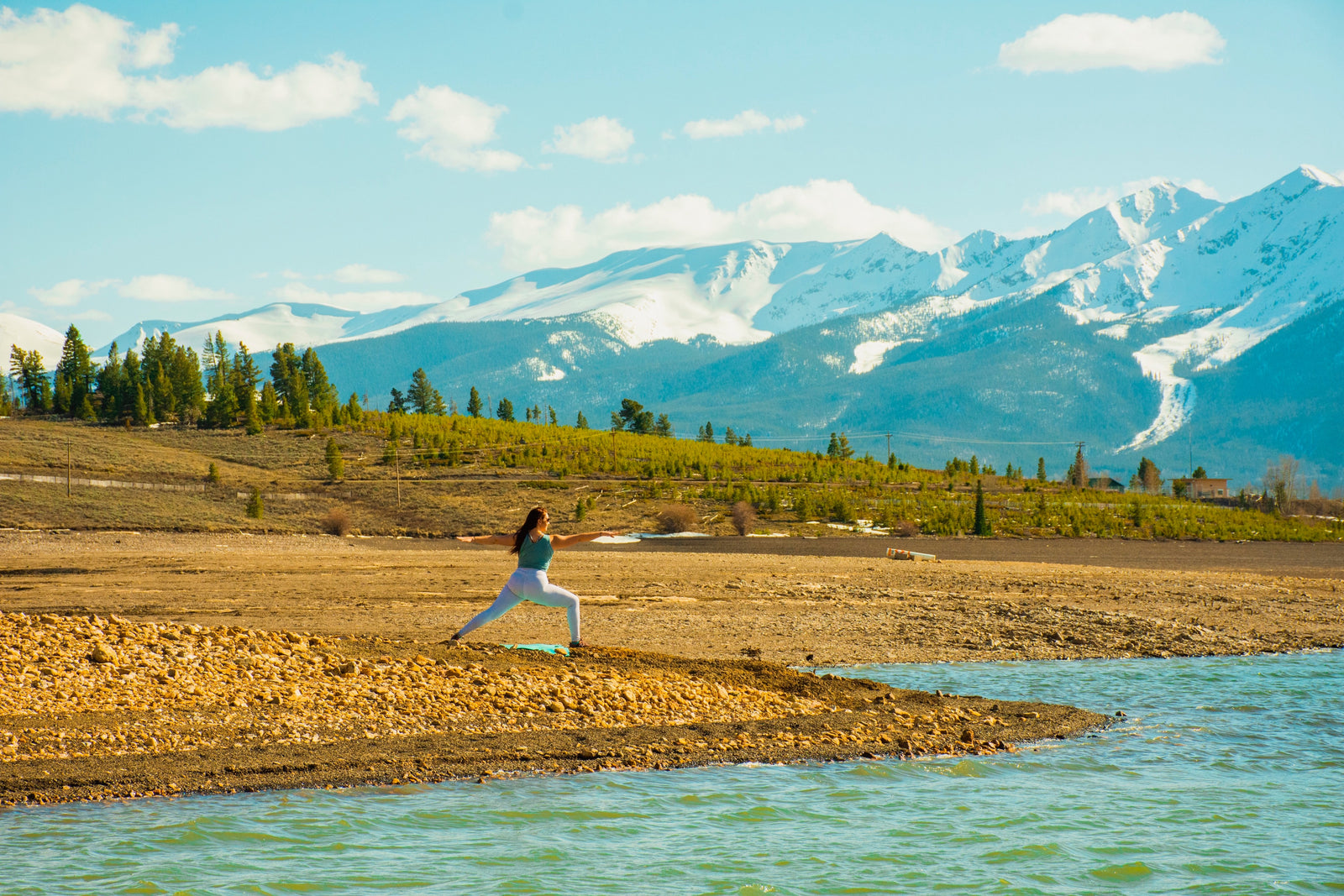
10 Top Tips for a Vegan Beginner By Lucy Sesto!
January 20, 2021 6 min read
If you’re participating in Veganuary for the first time, it’s important to do your research and talk to people that have some experience. The vegan and plant-based communities are awesome, don't be afraid to reach out!

We’ve collaborated with London-based yoga instructor Lucy Sesto, to bring you her 10 top tips to help you throughout your plant-based journey.
Lucy’s heart has always been drawn to fitness and movement and her diet helps to ensure she’s always performing to her best.
After watching a collection of documentaries and learning about some of the horrific industrial farming practices, Lucy became vegan. Her love for animals far surpassed her craving for animal products therefore she wanted to align her actions to her beliefs.
Lucy's 10 Top Tips
1. Learn about the substitutes
You can start off by making your favourite meals and using substitutes instead of meat & dairy if you’re struggling with thinking about meals to make!

Since the launch of Veganuary in 2014, the interest in 'veganism' has increased by 700%. Due to the high demand and general curiosity of this industry the options for a vegan diet are becoming endless, you can make pretty much anything with a substitute.
Craving a creamy mac n cheese? Don't worry, make a roux with a plant-based butter, plant-based milk and flour. Sprinkle in the vegan cheese and watch it melt, a couple teaspoons of nutritional yeast, season and pour on top of your pasta shells.
Watch it bubble away in the oven, plate it with a side of salad (lots of supermarkets now sell vegan garlic bread too 😉 ), boom... you don't have to miss out!
Check out "9 Easy Vegan Recipes For Breakfast, Lunch & Dinner By Aaron Calder" for more food inspo!
2. Prepare
Do a food shop and get all the vegan essentials!

Cupboard essentials are... essential. Fruit and veg, tins upon tins, all the carbs, spreads and plant-based "dairy". With the most basic foods you can create masterpieces, whether you're on the go or have a little extra time to experiment. Even though some ingredients might be boring, the vegan meals don't have to be!
3. Start reading food labels
You’d be surprised at how many things are ‘accidentally’ vegan (like Oreos and Jammy Dodgers).
Did you know not all vegan products are registered with The Vegan Society? If an item doesn't have the vegan trademark, it doesn't mean that isn't not vegan.
If you have your eyes on something and you're not 100% sure just give the label a read, you'd be surprised!
4. Do some research
Have a look at your local restaurants and see what vegan food they have to offer. The Deliveroo and Uber Eats apps are life savers, so when in doubt about what to make for dinner, check out your local delivery services to try something new.
Also, the internet is your oyster... use social media, blogs, youtube etc. Search keywords and hashtags such as "vegan nutrition, easy vegan recipes, vegan food bloggers".
You'll be scrolling for hours and feel more confident about the kind of foods you want to fuel your body with and the influencers you want to take inspiration from.
5. Be compassionate with yourself
Don't be hard on yourself, what you're doing is incredible. If you consume something non-vegan (accidentally or on purpose) that's okay, take a moment and continue with your journey.
It's all about learning, going at your own pace and being proud of yourself. Focus on your why, why are you taking on a vegan diet in the first place? Is it to improve the condition of your health? Are you anti animal cruelty? Does the environment matter to you?
Failure is the opportunity to begin again with a better chance of success!
6. Have lots of vegan snacks around!
Who doesn't love snacks? Ensure you're eating balanced meals throughout the day, however, if you're feeling peckish in between, it's ok to reach for the occasional "feel-good snack".
Yes, whole foods like fruits and nuts should always be your first option but sometimes you may want something a bit more naughty - and that's fine.
Lucy's faves are Nairns choc chip biscuits, Tyrells sweet chilli crisps and Kettle chips - black pepper & sea salt.
7. Join a community of like minded people!
Lucy has created an awesome Facebook group where everyone posts recipes and tips, it’s important to find your tribe. If you're feeling a little lost and aren't sure about something it's important to reach out.
More often than not it's just a conversation that you've been lacking. If you're the only vegan in your household it can be difficult to be courageous and challenge yourself without the correct support system. What's a better support group when wanting to go vegan... than other vegans?
Lucy's facebook group - Vegan Eats and Treats!
Leave a 💚 on the page if you came from this blog post.
8. Read books and watch documentaries
The people in your life will be curious as to why you are switching to veganism. If you know your facts, you can educate those around you.
Cowspiracy, Forks over Knives and Game Changers are all great documentaries! There is power in knowledge... read, watch, chat, do. All of these things will open your mind to what's really going on out there.
When you're food shopping, ask yourself "do I really know where this has come from?" and "under what conditions was this made?".
9. Make sure you are taking the right supplements
Just to clarify, it's not only vegans who experience nutritional deficiencies. Omega-3 and Vitamin D deficiencies are just as common in non-vegans too.
Vitamin B12 - There are no plants (or animals) that make B12. It is originally made by bacteria in the soil and due to a combination of poor soil quality and the fact that our fruits and veggies are washed and scrubbed by the time they make it to the supermarket, the natural B12 is lost. Meat also does not contain B12 naturally, which is why farm animals are fed B12 supplements. This is why B12 deficiency is more common for those on a plant-based diet, but that doesn't mean meat-eaters can't have it too.
Vitamin D - If you live in a country with year-round sunshine, there should be no need for a vitamin D supplement. However, many people live in a country that doesn't have constant sunshine (especially in the winter) and many of us spend the entire day indoors, often resulting in a vitamin D deficiency. This is especially true during the current pandemic. Therefore it’s important to include dietary sources of vitamin D, particularly D3 which is the most effective form used by the human body. In fact, many health bodies around the world (including the NHS) recommend Vitamin D supplementation, regardless of diet.
Omega-3 DHA - You can get plant-based omega-3 from nuts and seeds (flaxseed is a popular choice), but this contains an inferior type that cannot be used by the body directly. It needs to be converted to a form called DHA, but this conversion process is very poor in humans. So, in order to get the required 250mg of DHA required per day, you’d need to eat a huge numbers of seeds! DHA is only really found in marine sources (which is why a lot of people take fish oil). Not only is fish-based omega-3 damaging the oceans, it also carries the risk of contamination from heavy metals and other toxins. Thankfully, there is a marine plant source too: algae. You could try and incorporate algae into your diet, but taking a supplement is far more convenient.
So in summary, we’re not saying that supplements are a magic pill or an alternative to a balanced diet. We’re simply suggesting that we should be mindful of potential gaps in our diet, filling them with food, but using supplements to support where this isn’t possible.
10. Make a food diary
Nutrition is key, by writing down what you're consuming you'll be able to track you're getting the right amount of nutrients within your meals and generally throughout the day.
Jotting down everything isn't necessary, if you're unsure about whether your nutrition is balanced making a food diary would be good for you! If you're struggling with meal plans or the kind of nutrition you need with a vegan diet, reach out to a vegan nutritionist to help you get on track. You have to remember every body is different and will need different things.
Do what you can to enjoy the process, spark interesting and uncomfortable conversations, listen to your body, focus on your reasons why, feel satisfied with the foods you're fuelling your body with, slot yourself in to the community and be proud of yourself!
Thanks so much to Lucy for these great tips! Don't forget to join her Facebook group to share recipes and hang out with other people on their plant-based journey!
Lucy's facebook group - Vegan Eats and Treats!
Leave a comment
Comments will be approved before showing up.
Also in The Omvits Blog
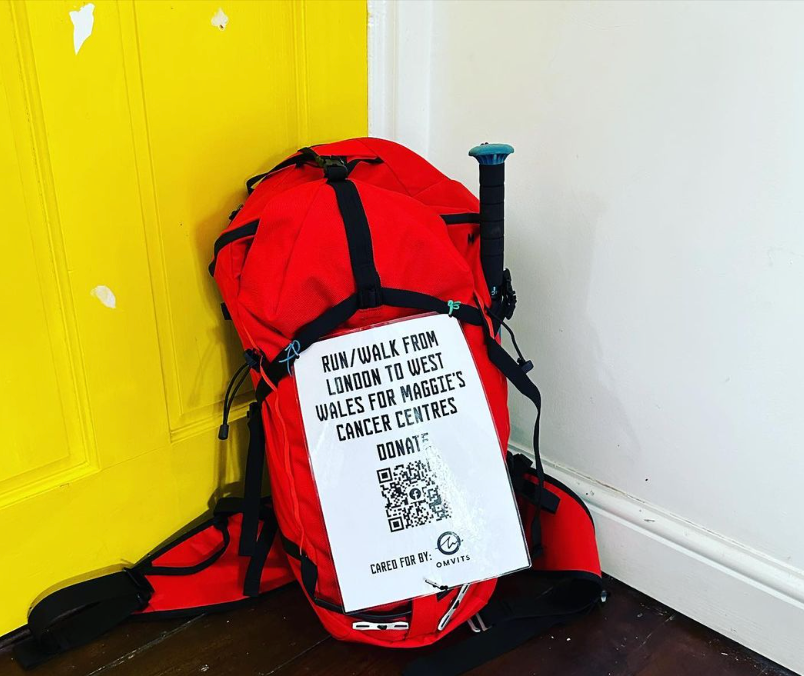
The Power of Running: How a 200 Mile Run to Wales Became a Meaningful Journey for a Great Cause
May 03, 2023 3 min read
We interviewed Andrew Thomas, who was preparing for a 200-mile marathon from London to Wales to raise funds for Maggie's Cancer. Read the article to know more about his adventure!
Subscribe
Sign up to get the latest on sales, new releases and more …
Recent Articles
-
The Power of Running: How a 200 Mile Run to Wales Became a Meaningful Journey for a Great Cause
May 03, 2023
-
Sneaky Ingredients To Watch Out For If You're Vegan
January 11, 2022
-
How To Do Veganuary If You’re On A Super Tight Budget
January 11, 2022
-
How To Satisfy Meat & Fish Cravings During Veganuary
January 11, 2022
-
Common Pitfalls Of Veganuary And How To Avoid Them
January 11, 2022
-
Simple Nutrition Advice For Veganuary And Beyond
January 11, 2022
-
Best Vegan Meat Alternatives To Try This Veganuary
January 11, 2022
-
5 Ocean Friendly Clothing Brands To Check Out This Month
June 21, 2021
-
12 Incredible Ocean Conservationists To Support This June
June 16, 2021
-
How To Do Something For World Ocean Day If You Can't Get To A Beach
June 08, 2021

